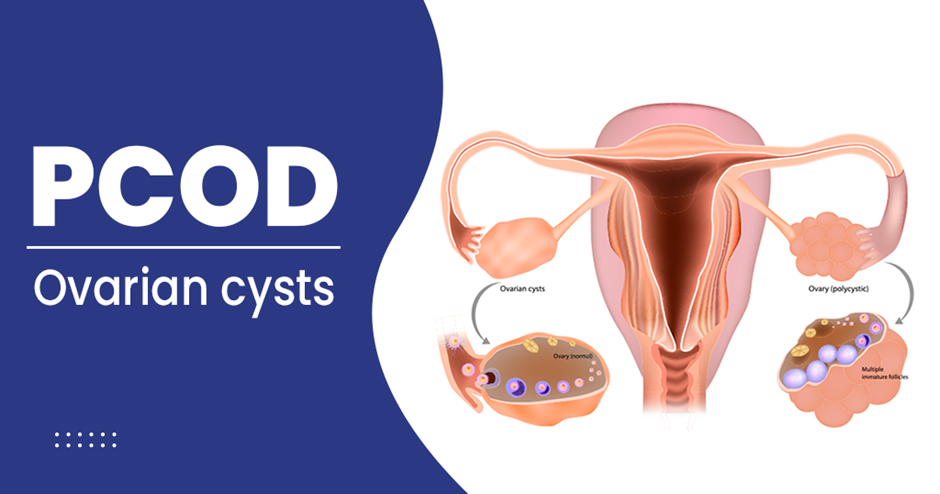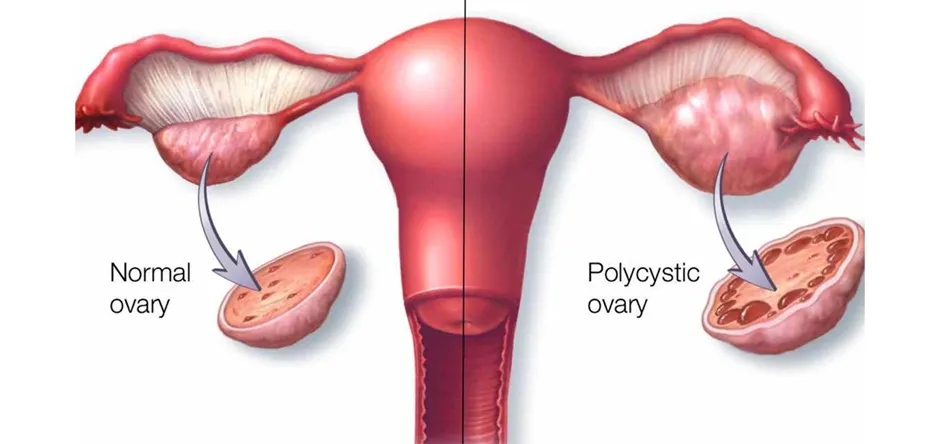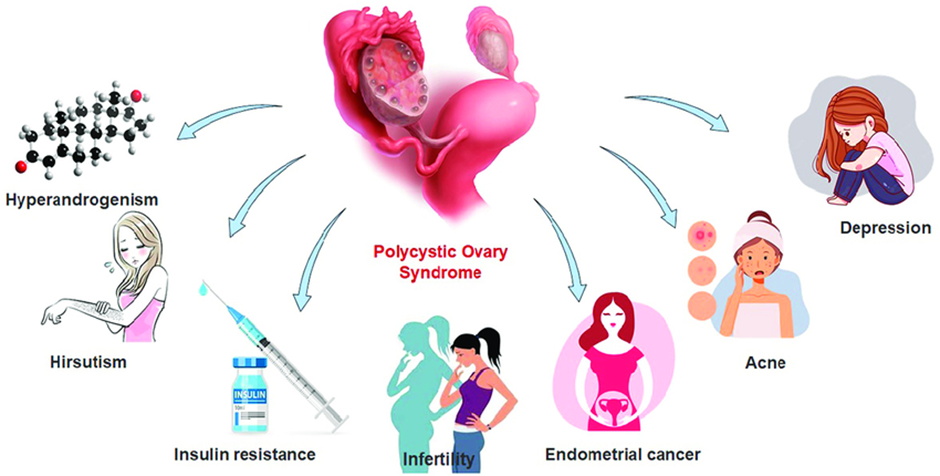PCOD Treatment By Best Gynecologist Hospital in Ludhiana

What is PCOD?
PCOD is a hormonal condition that affects women during the reproductive years of life. Some “once-rare problems” have gotten prevalent over the past few decades, becoming more and more common among women. One of them is PCOD.
The medical condition known as PCOD means that there is excessive production of immature or partly developed eggs by a woman’s ovaries, which over time, develops into ovarian cysts. This results in enlarged ovaries that release high amounts of androgens (imbalance of hormones), which can lead to infertility, irregular menstruation periods, hair loss, and unnatural weight gain.
Some most common symptoms of
PCOD are:
- Irregular menstruation (Oligomenorrhea)
- Skipped or absence of menstruation (Amenorrhea)
- Heavy menstrual bleeding (Menorrhagia)
- Excessive Hair growth (face, body - including on back, belly, and chest)
- Acne (face, chest, and upper back)
- Weight gain
- Hair Loss from scalp

Causes of PCOD:
Although the precise cause of PCOD problems in certain women is unknown, the following are some key contributing factors:
- A high level of male hormones called androgens: Due to extremely high androgen levels, the ovaries might not release eggs on time, affecting the cycle. The irregularity starts developing fluid-filled sacs, and you will notice acne & excess growth.
- Insulin resistance: When insulin increases, the body starts releasing male hormones, suppressing ovulation, leading to other common symptoms. The body will have difficulty managing everything, and glucose levels will get higher in the body.
- Minor Inflammation: Inflammation levels in women may rise as a result of PCOD. Inflammation can also be exacerbated by being overweight.
- Heredity: Women who have close female relatives with PCOD are 50% more likely to develop this condition.
- Weight: Occasionally, being overweight might make insulin resistance and polycystic ovarian disease symptoms worse.
Complications of PCOD:
The PCOD side effects that call for medical attention are:
- Abnormal bleeding in the uterus.
- Type 2 diabetes
- Miscarriage
- Sleep apnea
- Premature delivery and preterm labour
- Infertility or hypertension Infertility
- Chronic Liver inflammation
- Metabolic syndrome; risk for high blood sugar, high blood pressure, heart disease, diabetes, and stroke.
- Due to unwanted hair growth and other symptoms, many women experience depression and anxiety.
- Endometrial cancer caused by an enlarged uterus


